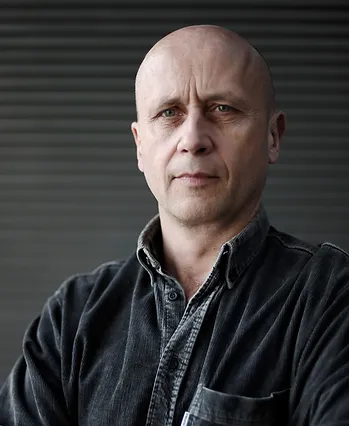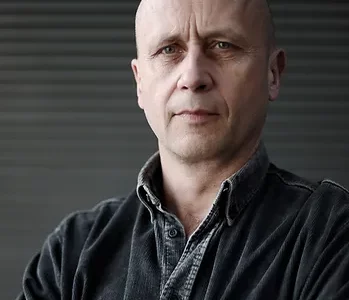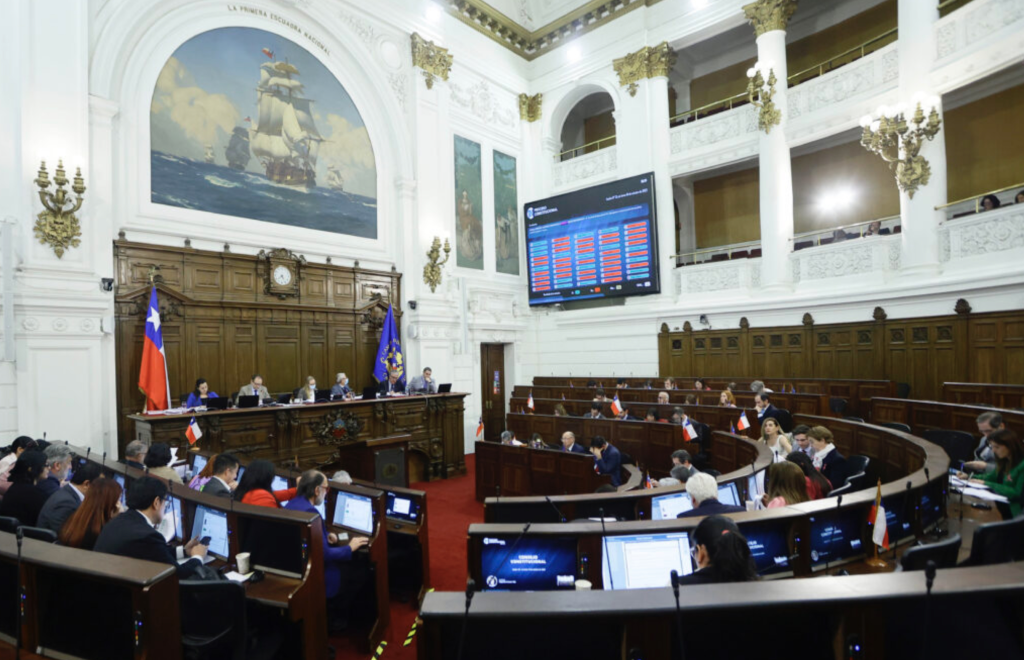MACIEJ STASIŃSKI
SPANISH CATHOLIC CHURCH CHANGES FRONT IN RESPONSE TO CLERGY PEDERASTY REPORT

November 28, 2023
Almost a hundred Spanish bishops were summoned to Rome by Pope Francis. Although he did not admonish them for the report on pederasty among the Catholic clergy, the Spanish bishops had already begun to backtrack on their criticism of the findings on the subject.
Contrary to the fears of the Spanish bishops and media predictions, their collective conference with Pope Francis in Rome was not a rebuke for failing to account for clergy pederasty. The Pope spoke to the bishops about a radical reform of Catholic seminaries due to the decline in priestly vocations in Spain.
But in recent weeks, and at the Pope’s insistence, the Spanish Catholic hierarchy has softened its opposition to a recent report on sex crimes by Catholic clergy in recent decades. The report was announced by Spain’s ombudsman, Angel Gabilondo, in late October, following a year-and-a-half investigation commissioned by the country’s parliament.
At first, the Spanish bishops dismissed the report as unreliable and even a lie. Only after a few weeks, probably due to the intervention of the papal nuncio in Madrid, did they begin to change their tune.
THE SPANISH CHURCH SAW THE REPORT AS AN ATTACK
The report covers the last decades. It includes a list of documented cases of rape and sexual abuse by Catholic clergy and a projection based on a survey of 8,000 Spanish adults between the ages of 18 and 90.
The Ombudsman documented about 1,500 victims of sexual abuse by Catholic clergy. In turn, the survey showed that about 11% of Spanish adults had been sexually abused as children. A third had suffered it in their own family. Ecclesiastical institutions represent in this study about 1.13% of the current adult population, that is, more than 400,000 people.
The Ombudsman also stigmatized the Catholic hierarchy’s resistance to the commission’s investigation (20 of the 70 dioceses refused to cooperate and only three gave comprehensive answers based on their own files).
He argued that bishops failed to keep statistics on pederasty, ignored victims’ complaints, dismissed them with a blank check, covered up reported cases and protected priests.
“Some bishops ignore the whole problem of pederasty and clergy sexual abuse because they are more concerned about the welfare of the institution than the welfare of the victims,” the spokesman wrote. “The Church’s reaction has been to deny or downplay the problem.”
In particular, the Spanish bishops rejected a sociological study on the likely overall number of pederasty victims.
“We express our disappointment at the dubious credibility of the study, which we cannot accept, (…) the data are exaggerated (…). The journalists intend to defame the Church,” the bishops’ communiqué proclaims.
In turn, Cardinal Juan José Omella, president of the episcopate, declared that the media deliberately spread “a lie calculated to deceive public opinion”.
THE BISHOPS CHANGE FRONT
After a few weeks, the hierarchy’s resistance subsided. On November 18, Pope Francis announced in Rome that “any silence and concealment of clerical sexual abuse is unacceptable and non-negotiable.”
And when a week ago the papal nuncio in Spain, Bernardino Auza, confirmed at the opening of the Spanish episcopal plenary conference that there would be no tolerance for pedophiles, the bishops changed front.
“Faced with this reality [of pederasty], we unequivocally express our pain, shame and regret,” the bishops announced.
Cardinal Omella announced that “the Church asks forgiveness from the victims,” “commits itself to be accountable,” that it “will cooperate with the investigations” and will see to the payment of reparations, which it had previously opposed or dragged its feet on the matter. Specifically, the Episcopate unexpectedly announced that the Church, “if it obtains moral conviction that a crime has occurred,” will pay reparations to all victims, including those whose sexual abuser is no longer alive.
Until now, the Church has only paid reparations to victims in cases adjudicated by the judiciary and without publicity. According to a spokesman’s report, seven of the 70 dioceses have paid them, and the newspaper El Pais found that the total amounted to 2.1 million euros (from a few hundred to 73,000 euros per person) paid to 230 victims of sexual assaults by 53 clerics.
Without explanations or ecclesiastical sanctions, most of the cases of cover-up of pederasty and protection of clerics by their superiors remain uncovered.
According to church documents cited by the Pope, of the 63 bishops guilty of cover-ups over the past 70 years, 31 are still alive, 11 are active and seven are members of the bishops’ conference. Among those guilty of covering up for pedophile clerics are Cardinal Carlos Osoro, Bishops Jesús Sanz, Braulio Rodríguez and Francisco Cerro. None of them have faced any consequences.
ACCOUNTABILITY FOR COVER-UP STILL UNCLEAR
Although an accountability for pederasty was not held in Rome this Tuesday, the Pope’s summoning of the entire Spanish national episcopate to Rome has a precedent in 2018, when Francis I summoned all the bishops of Chile and forced them to resign. He then accepted the resignation of some.
At the time, the pope’s wrath had just been unleashed by a public scandal over sex crimes by Chilean Catholic clergy and their systematic cover-up by the hierarchy. The Pope first sent his own canonical prosecutors to Chile and, after reading their report, called out the entire episcopate, forced them to collaborate with justice, demanded their resignation and ordered a purge of the hierarchy.
The responsibility of the hierarchy of the Spanish Church for not prosecuting the guilty priests, covering up their crimes and moving them within the ecclesiastical institutions so that they would disappear from public view remains in question. The Ombudsman has not yet submitted his report, already delivered to the Church, to Parliament.
Unlike Portugal, Germany or France, where independent commissions investigated the pederasty of the clergy and the episcopates collaborated with them, in Spain there was and is no such commission. The Catholic Church opposed it.
Maciej Stasiński, a Polish journalist, is the head of the International section of the Gazeta Wyborcza newspaper. He is an associate of EditoRed.
This article was originally published in the Polish daily Gazeta Wyborcza, with whose permission it is reproduced here.
In this link you can review the original text in Polish.



